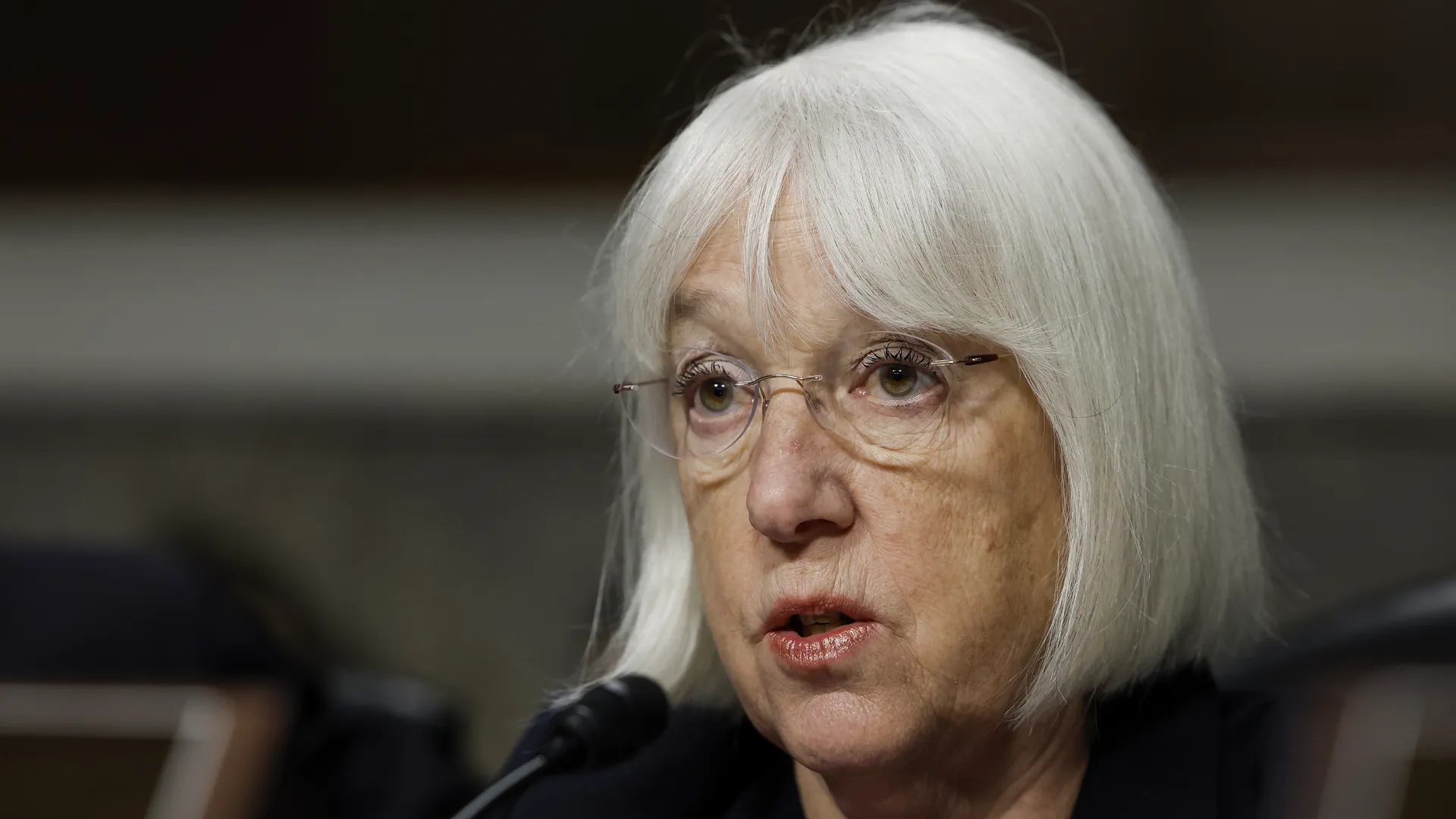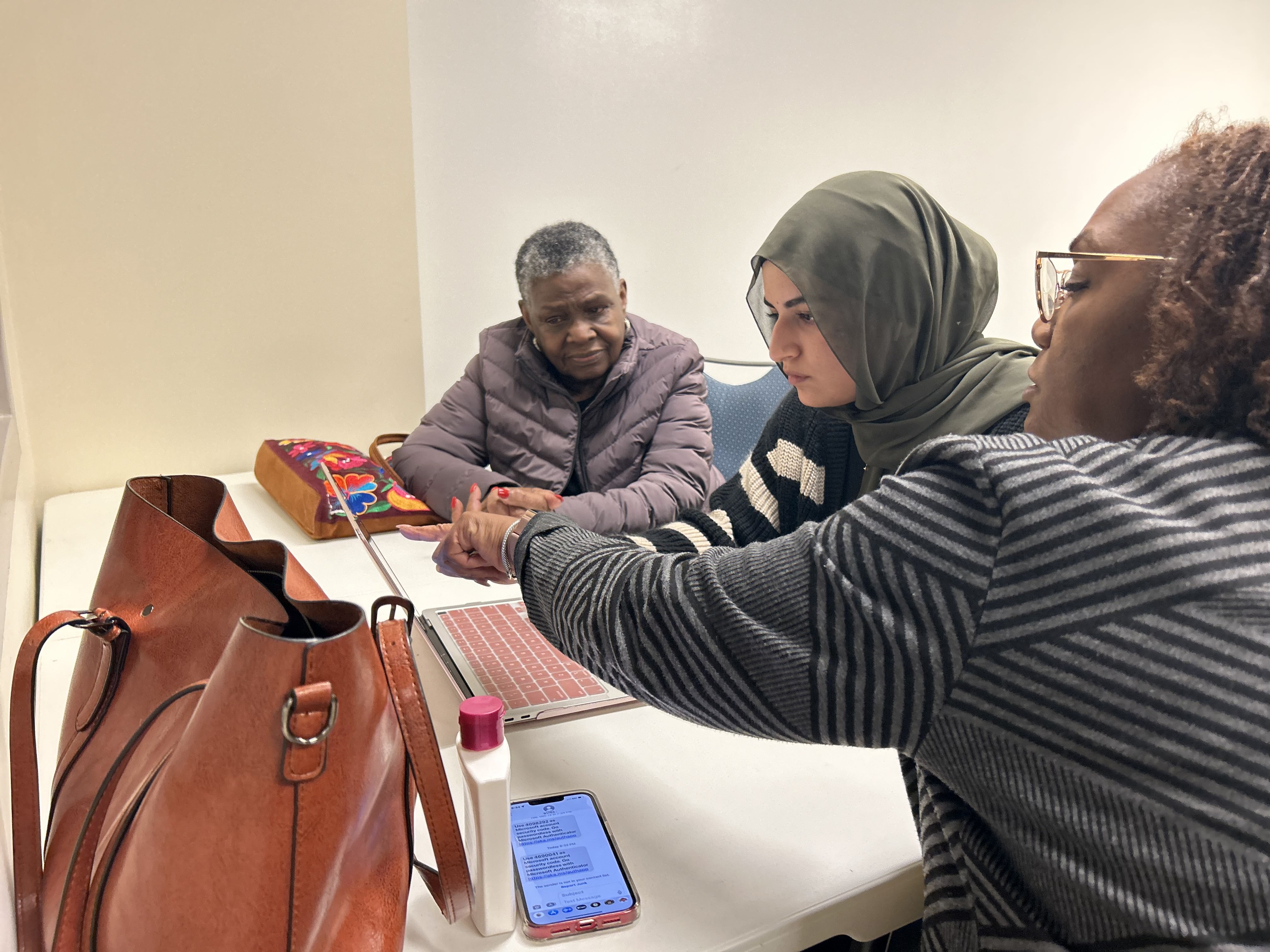Amidst rising inequalities in internet access, former President Donald Trump has unleashed a wave of misinformation regarding the Biden administration"s Digital Equity Act, branding it as "racist" and "illegal." This narrative not only distorts reality but threatens vital funding aimed at bridging the digital divide affecting millions of Americans.
Understanding the Digital Equity Act
The Digital Equity Act, introduced by Senator Patty Murray in 2019, allocates $2.75 billion for states to develop robust plans for expanding high-speed internet access. This legislative effort is crucial as it targets a myriad of underserved communities, including low-income households, seniors, veterans, and rural residents. The grant of $22.4 million designated for North Carolina exemplifies this initiative’s commitment to ensuring that all residents, regardless of demographic, have access to essential digital resources.
Mischaracterization of the Program
In his recent comments, Trump claimed the program is a “woke handout based on race.” This assertion is not only misleading but also overlooks the comprehensive and inclusive nature of the Digital Equity Act. While the act acknowledges racial minorities as one of the groups needing support, it explicitly states it will not exclude any individuals based on race. This is an important distinction that Trump conveniently ignores.
According to state reports, the true beneficiaries of this funding include a vast array of populations: people with disabilities, those living in rural areas, and older adults. The act"s language reflects a commitment to equity across multiple identities, challenging the notion that it serves only one demographic.
\n\n
Washington Sen. Patty Murray becomes first woman to cast 10,000 votes ...
Impact of the Digital Divide
The implications of Trump"s rhetoric are significant. More than a million households in North Carolina alone lack sufficient access to high-speed internet, as reported by state data. Furthermore, studies show that Black and Hispanic households lag behind their white counterparts in broadband access by about 10 percentage points. Such disparities highlight the urgency for programs like the Digital Equity Act, which aim to rectify these inequities.
Moreover, the Pew Research Center found that older adults and lower-income families are significantly less likely to have internet access. This lack of connectivity hampers their ability to engage with essential services, including education and healthcare. By attempting to dismantle the Digital Equity Act, Trump risks exacerbating these divides.
Political Ramifications and Community Response
Trump"s attempts to terminate this funding are not just a political maneuver; they represent a clear threat to social justice. As reported by GovTech, the law has garnered bipartisan support, with Republicans like Senator Susan Collins advocating for increased broadband access in rural Maine. This highlights a disconnect between extremist views and the practical needs of constituents across the political spectrum.
In North Carolina, community leaders and advocates are rallying in support of the Digital Equity Act, emphasizing its importance for economic development and social inclusion. Cristalle H. Dickerson, spokesperson for the North Carolina Department of Information Technology, pointed out that hundreds of thousands of households lack basic digital skills or access to computers. This funding is pivotal for providing digital literacy training and necessary technology.
\n\n
City of Raleigh Awarded $300,000 Digital Equity Grant ...
Legal and Social Accountability
Trump"s assertions have faced scrutiny, as there have been no legal challenges to the Digital Equity Act’s constitutionality, according to experts at the Benton Institute for Broadband and Society. The act is designed to empower states to implement equitable digital access strategies, and any attempt to terminate funding will likely result in legal battles that can further delay critical assistance for those in need.
As we navigate the complexities of digital equity, it"s crucial to recognize the broad social implications of internet access. In an increasingly digital world, connectivity is synonymous with opportunity. Ignoring the realities of the digital divide not only undermines efforts to achieve equity but also perpetuates systemic injustices.



![[Video] Gunfire between Iraqi security forces and Sadr militias in Baghdad](/_next/image?url=%2Fapi%2Fimage%2Fthumbnails%2Fthumbnail-1768343508874-4redb-thumbnail.jpg&w=3840&q=75)
